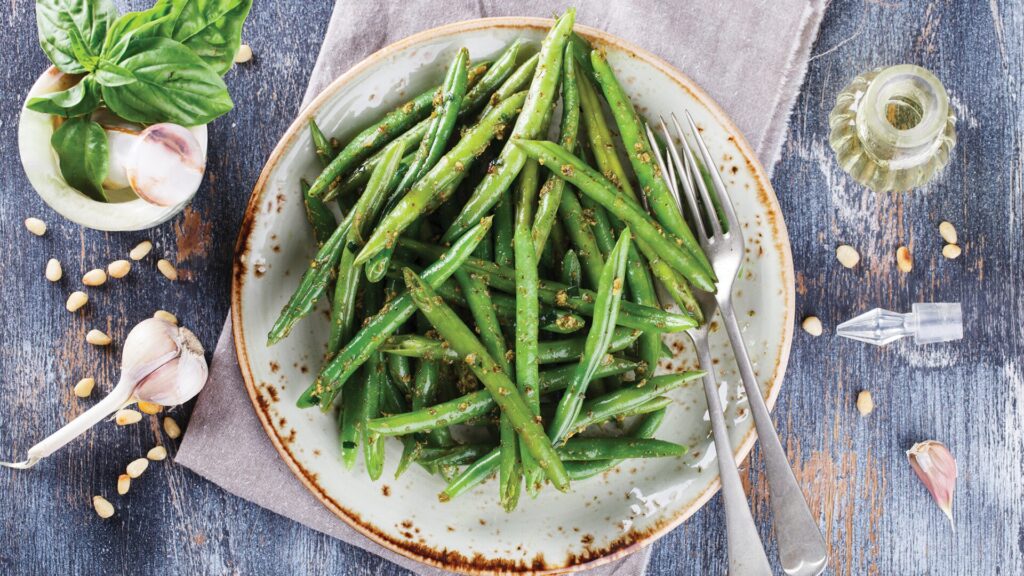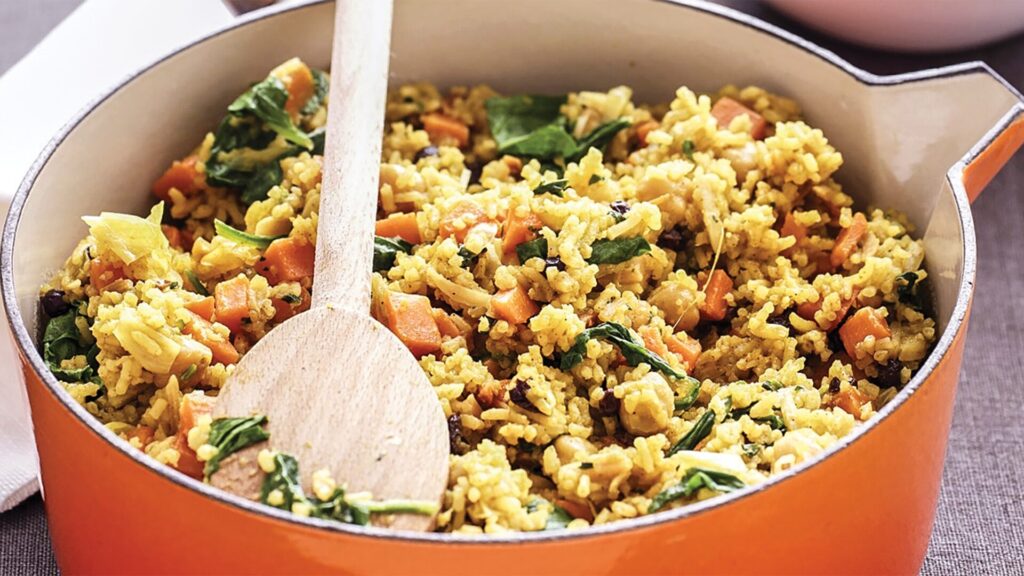It’s a common question regularly searched on Google—what are saturated fats, why are they bad for us and what foods contain them? The Sanitarium dietitians help explain.
Fat is essential for healthy bodies—it helps you absorb nutrients, makes healthy cells and can reduce inflammation. The trick is in choosing the right types of fat to eat.
Saturated fats are fats that are solid at room temperature. Often saturated fats are found in animal products like meats, dairy foods including butter and cream, tropical oils such as coconut and palm, processed foods like cakes and biscuits, as well as fried foods.
Why should we avoid them?
Consuming too much saturated fat can heighten your risk of heart disease by increasing the bad (LDL) cholesterol. If a food is high in saturated fats, it’s wise to watch how much of that food you eat—or swap for foods with healthier, unsaturated fats, like polyunsaturated or monounsaturated.
Here’s some easy healthy fat swaps:
1. Spreads
Butter is about 70 per cent saturated fat and while a small amount in cooking is not cause for concern, it’s best to swap for an unsaturated choice for everyday use. Made from plants or seeds, margarine is a great substitute and can be used in cooking or as a spread.
Top tip: Try using alternative spreads like avocado or tahini on your toast, and cooking with olive or vegetable oil for a daily dose of healthy fats.
2. Oils
Despite what you may have heard, seed oils—such as canola, linseed and sunflower—are a superior option to coconut oil when it comes to saturated fat. Like olive oil, seed oils are a good all-rounder that can be used for anything from baking to sauteing to drizzling on salads. They contain healthy, unsaturated fats that are good for your heart, lowering your risk of cardiovascular disease (CVD) and can increase good (HDL) cholesterol, while coconut oil is 92 per cent saturated fat and appears to raise both our bad cholesterol (LDL) and our HDL.
Top tip: Olive oil is a perfect all-rounder for almost anything—whether cooking with it, drizzling over salads or even incorporating into baked goods.
3. Snacks
Many store-bought snacks, muffins, chips or biscuits contain some level of saturated fat. A simple swap here is to snack on a handful of nuts, fruit or veggie sticks instead. Nuts contain healthy fats—both monounsaturated and polyunsaturated, and have been shown to help suppress hunger, regulate appetite and help you to maintain a healthy weight.
Top tip: Make your own snacks, muffins or cakes where you can choose recipes with low saturated fat ingredients such as olive oil or vegetable oil like canola oil.
For more information and research references check out the full article on the Sanitarium website.






